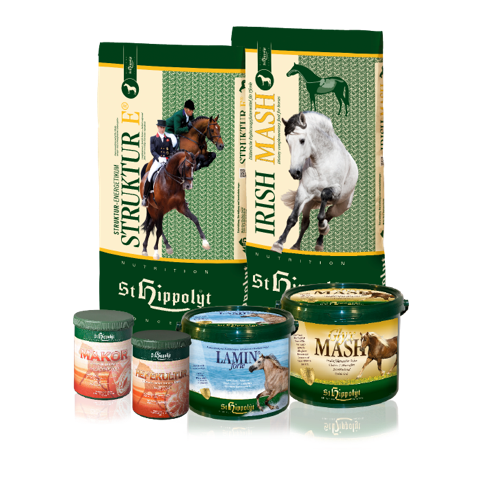Horse Nutrition: A Comprehensive Guide
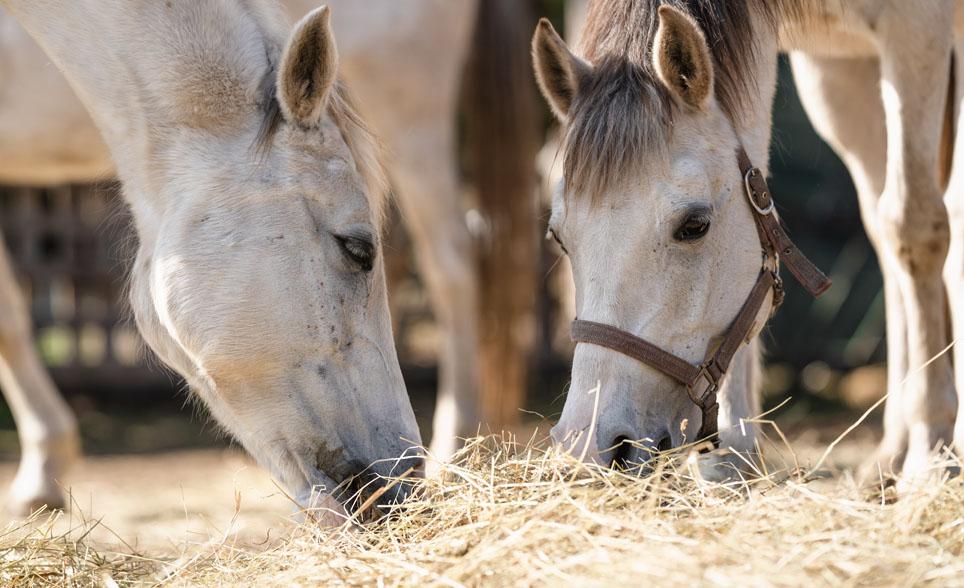
Understanding horse nutrition is essential for maintaining the health, performance, and longevity of these majestic animals. Proper nutrition supports their energy needs, growth, reproduction, and overall well-being.
Key Components of Horse Nutrition
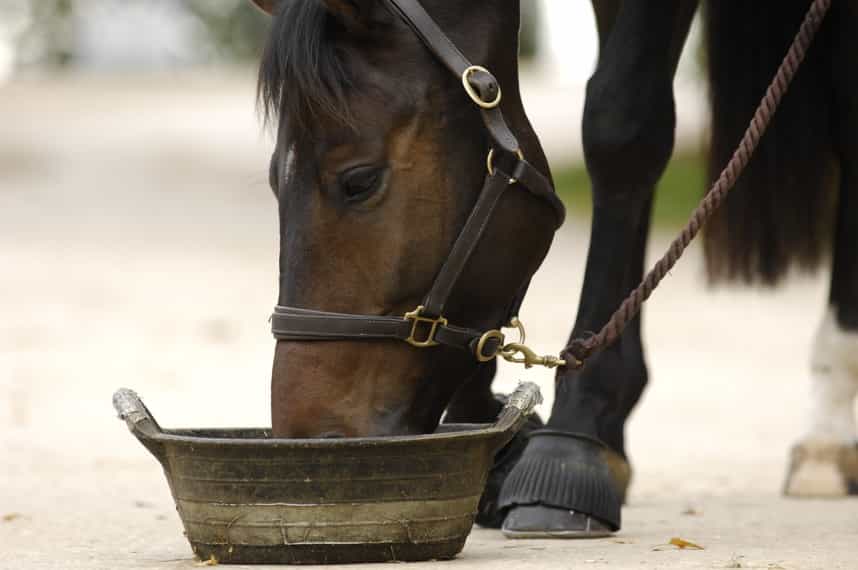
Horses require a balanced diet consisting of several vital nutrients:
| Nutrient | Role in Horse Health | Sources |
|---|---|---|
| Water | Essential for hydration and metabolic processes | Fresh, clean water available at all times |
| Carbohydrates | Primary energy source | Forage (grass, hay), grains |
| Proteins | Muscle development and repair | Legumes (alfalfa), soybean meal |
| Fats | Concentrated energy source | Vegetable oils, rice bran |
| Vitamins | Support immune function and metabolism | Forage, supplements |
| Minerals | Bone strength, nerve function, enzyme activity | Salt blocks, mineral mixes |
Types of Feed
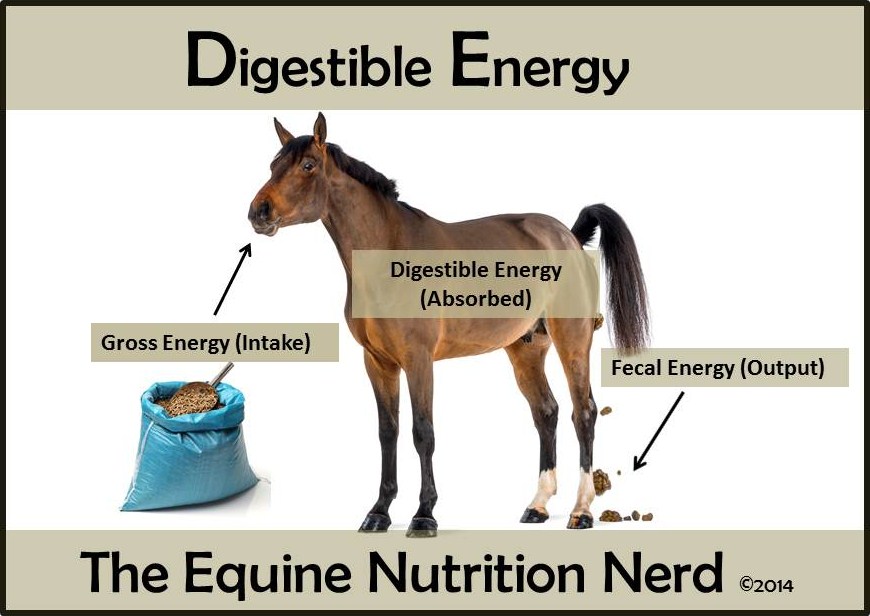
- Forage: The foundation of a horse’s diet, including fresh pasture and hay. It provides fiber necessary for healthy digestion.
- Concentrates: Grains and pelleted feeds that supply additional energy and nutrients, especially for working or growing horses.
- Supplements: Vitamins, minerals, and other additives to address specific dietary needs or deficiencies.
Feeding Practices
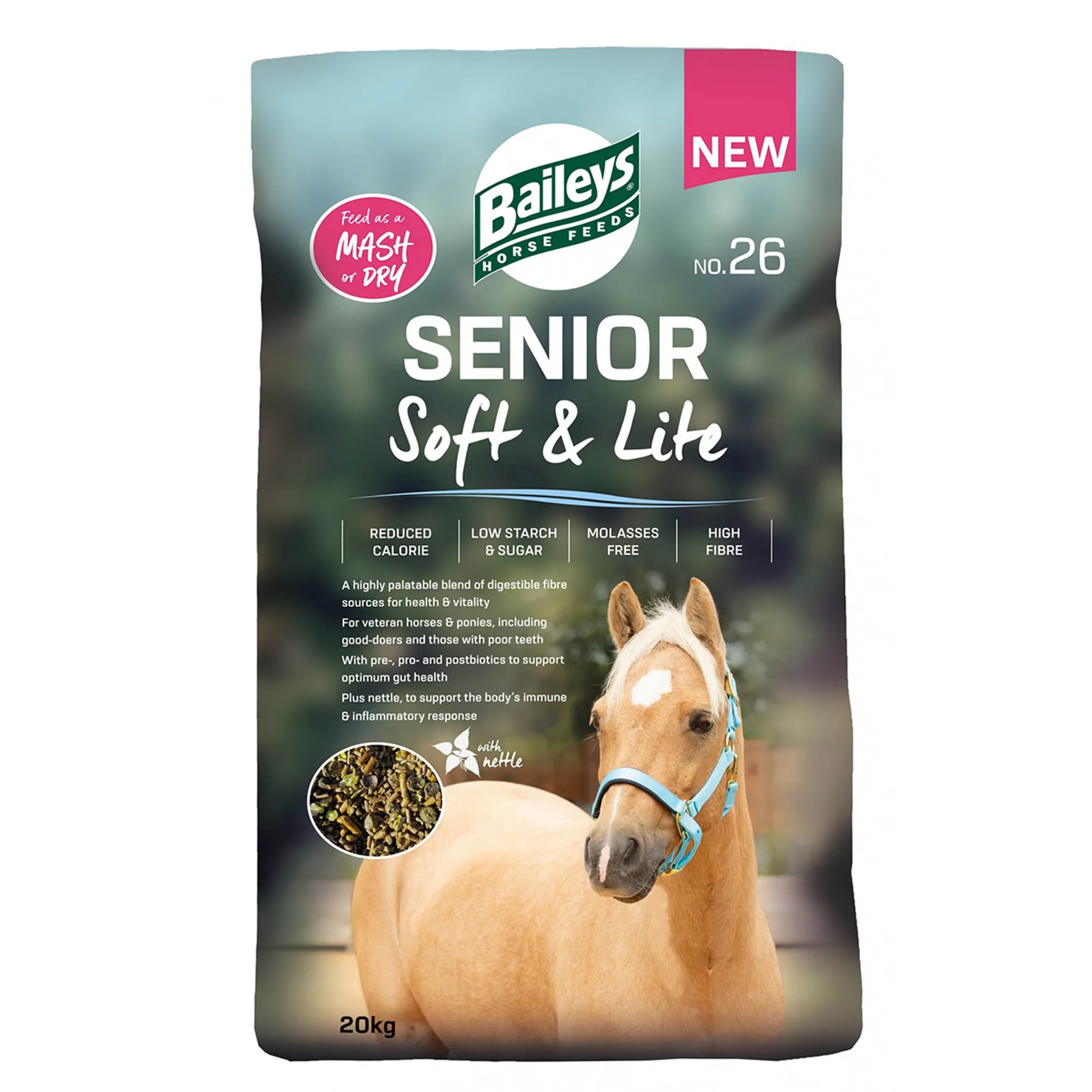
- Regular Feeding Schedule: Horses thrive on routine; feeding at consistent times helps maintain digestive health.
- Portion Control: Overfeeding can lead to obesity and metabolic disorders, while underfeeding can cause malnutrition.
- Water Access: Unlimited access to clean water is crucial.
Common Nutritional Challenges
- Colic: Often related to sudden dietary changes or poor-quality feed.
- Laminitis: Can be triggered by excessive intake of rich carbohydrates.
- Nutrient Deficiencies: Imbalances in vitamins or minerals can affect health and performance.
FAQ
Q1: How much should I feed my horse daily?
A: Typically, a horse consumes 1.5-2.5% of its body weight in forage daily, supplemented with concentrates as needed based on activity level.
Q2: Can horses eat grains every day?
A: Grains should be fed in moderation and tailored to the horse’s workload to prevent digestive upset.
Q3: What are signs of poor nutrition in horses?
A: Weight loss, dull coat, lethargy, poor performance, and digestive issues can indicate nutritional problems.
Q4: Is it necessary to provide vitamin supplements?
A: If the horse’s diet is well-balanced with quality forage and feed, additional vitamin supplements may not be necessary unless recommended by a veterinarian.
Conclusion
Proper horse nutrition is a cornerstone of equine health. By understanding the dietary needs and feeding practices, owners can ensure their horses remain healthy, active, and happy throughout their lives.
